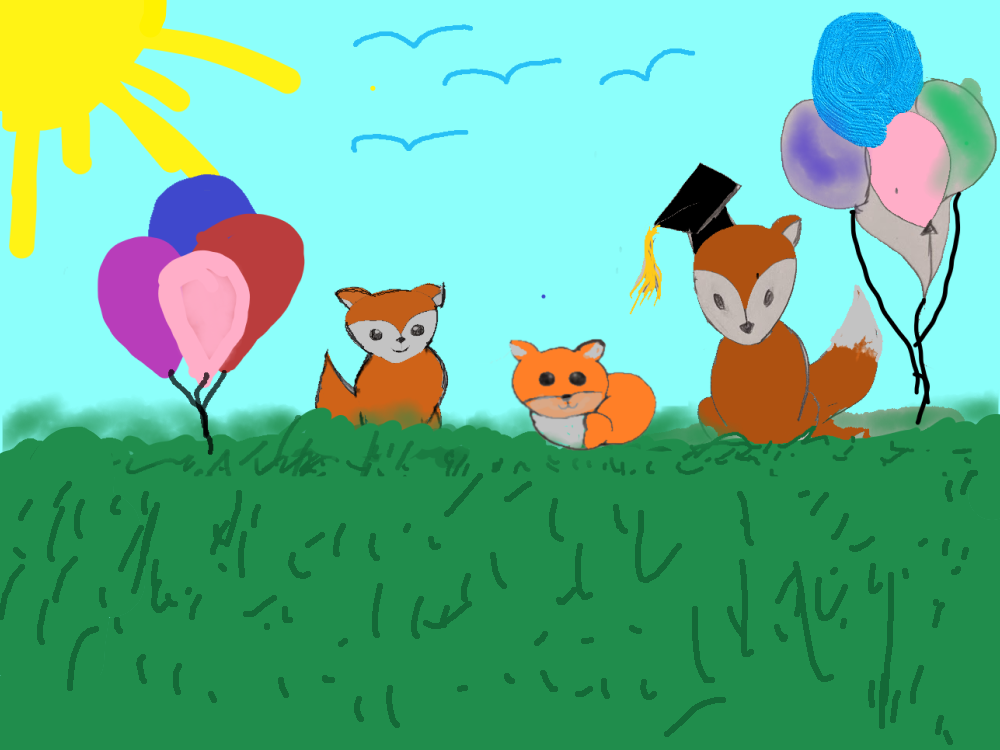
Welcome to our “Out of this World Space Week” series – an at home camp filled with days of relaxed learning and fun themed activities on outer space! For this day, we learned all about telescopes by reading non-fiction books, watching some educational videos, writing our own stories, making some easy crafts, and performing some stem activities! Read through to check out the day!
A TYPICAL DAY

All kids are different and you can definitely vary your day with whatever works for you 🙂 But the gist of our day is having our kiddos focus on some work books or online learning tools in the early morning, an intro to the day’s theme after they were done, some videos around lunch time, and themed activities (reading time, writing time, crafts, food crafts/snacks, and games or experiments) in the afternoon. Feel free to pick and choose whatever works for you 🙂
INTRO
Most kids are likely familiar with space and telescopes, so this day may be a familiar and favorite topic!. We like to start our day by talking about what they know and then letting them know what we’ll study for the day.
We also used some videos to introduce some famous telescopes, which was definitely exciting!
- Hubble Space Telescope Videos (from nasa.gov)
- Palomar Telescope Virtual Tour (from astro.caltech.edu)
WHAT TO WATCH

We find that mixing in a short video themed to our day is a great way to add some learning fun! We try to pick informative videos OR mix in a cartoon favorite (where they don’t even realize they’re learning). Below are some of the videos we picked from for the day:
- How Telescopes Work by Mizyaka Dizyaka ENG (5m)
- Hubble Space Telescope Videos by nasa.gov – various videos from the Hubble Telescope
FOOD CRAFTS / SNACKS

What’s more fun than taking a break and having a simple snack??? Including the snack in your theme of the day! We find that our kiddos are more than happy to eat the snacks they create especially when they can arrange them into fun shapes and scenes!
For our snack of the day, we kept it quite simple and made some star shaped sandwiches using our sandwich cutter and some some star shaped fruit using our one of our Veggie Cutters.
READING

It’s no secret that reading helps prevent that summer slide. Some even say this is the most important. For our older ones, we have them fill out some worksheets (or let them create some of their own comics) to describe what they read and/or learned!
For our books of the day, we had quite an age range in order (younger first then moving up in complexity). Although the last few are a little more difficult for younger kids to read by themselves, they have some great information in them & may be good to read to your little ones.
- Wishing on a Star by Fran Lee
- Telescopes for Kids: A Junior Scientist’s Guide to Stargazing, Constellations, and Discovering Far-Off Galaxies by Vanessa Thomas
WRITING & WRITING PROMPTS

Just like reading, writing helps prevent that summer slide by both encouraging their creativity but also their motor skills and penmanship.
If you’ve got a little one, have them trace words related to the theme: SPACE, TELESCOPE, LENS, STAR,
If you’ve got older children, have them write a sentence or two up to a page or two (depending on their age). Encourage them to be creative AND give reasons for why they made certain choices. This was our writing prompt of the day but definitely pick something your kiddo might be interested in writing about!
- If you could build the most powerful telescope, what would you look for in space? What would it look like?
CRAFT


If you’ve got a crafty little one, a simple craft is a great way to keep them interested in the topic. While their creative juices are flowing, you can also chat about what they’ve learned so far or ask them what else they’re excited about learning!
Our craft of the day was a pretty simple cardboard telescope (though if you do a quick search online, you could also find some much more complex/realistic looking telescopes). We let our kiddos use some construction paper and stickers to decorate their imaginative play telescope.
STEM ACTIVITY



While crafting and writing get their creativity and imagination flowing, we also like to add in an activity that gets them thinking along the lines of science, technology, engineering, or math! These engaging activities or experiments are a great way to keep them learning!
In addition to their STEM Lessons for Educators, NASA also has a page of Lesson Plans, Activities, Resources & Programs For Informal Education which we found extremely useful. We have kids on the younger side and so picked a webpage as well as some pages from the Webb Telescope Fun Pad. Great resources!
THANK YOU!!!
Thank you for checking out our at home camp article! We hope this article has helped you and your little ones find the JOY in learning and/or maybe even inspired more ideas for you! If you enjoyed this post, please let us know what you think in the comments below and/or follow us on Pinterest.
Also, if you haven’t already, check out some of our other Outer Space Ideas or DIY At Home Camps!
Happy Learning!




